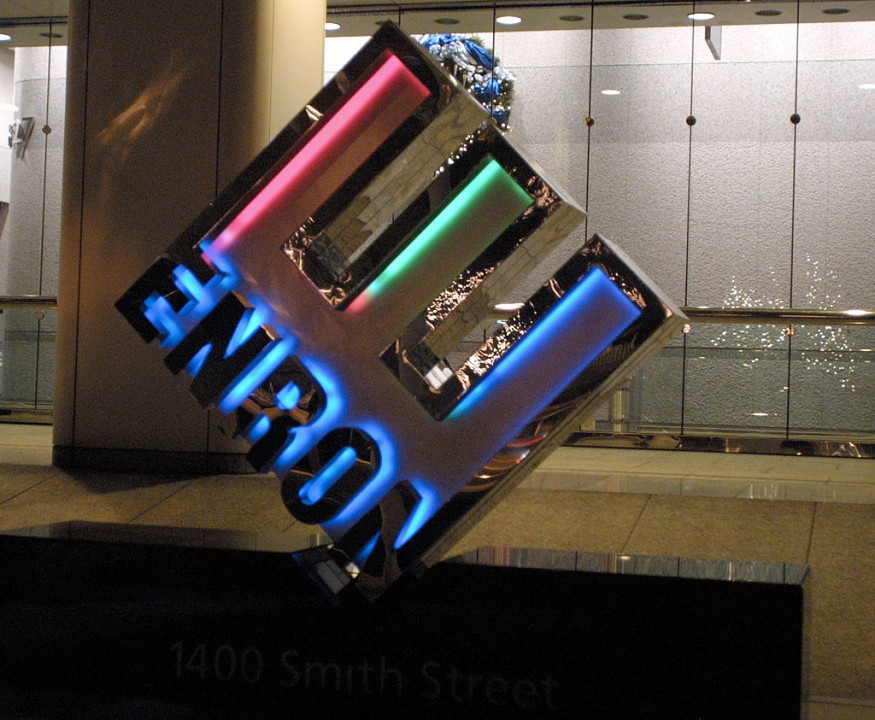
Twenty-three years after its collapse in a landmark corporate fraud scandal, Enron has seemingly returned—at least, that's what a puzzling new website and promotional materials suggest.
Announced on December 2, the anniversary of Enron's 2001 bankruptcy, the brand's reemergence is shrouded in mystery and satire, sparking intrigue and skepticism alike.
Enron's Return? Flashy Relaunch Turns Out to Be Satirical 'Performance Art'
The flashy relaunch includes a professionally crafted website, a dramatic promotional video, and even a billboard in Houston—Enron's former headquarters.
The video features a montage of uplifting imagery, like rocket launches and dancers, with individuals declaring, "I am Enron," suggesting a bold new mission of innovation and renewal, USA Today said.
Yet, beneath the polished exterior, the venture appears to be more of a parody than a genuine comeback.
The website's terms and conditions clarify the situation, describing the effort as "protected parody" and "performance art" for entertainment purposes. While the site flaunts ambitious goals like "solving the global energy crisis" and promoting renewable energy, its exaggerated corporate language and vague promises reinforce the satirical undertones.
Adding to the intrigue, public records reveal the Enron trademark was purchased in 2020 for a mere $275 by The College Company, an Arkansas-based business.
The company is run by Connor Gaydos, one of the creators behind the satirical "Birds Aren't Real" conspiracy theory, which humorously posits that birds have been replaced by government drones. Gaydos now lists himself as Enron's CEO, though his precise intentions for the brand remain unclear.
Former Enron Employees Call Satirical Relaunch a 'Slap in the Face'
According to CBS News, the stunt has garnered attention on social media, not everyone finds it amusing. Some former Enron employees expressed frustration, describing the parody as insensitive to those who lost their jobs, investments, and livelihoods in the original scandal.
"It's a slap in the face," said a former worker, lamenting the trivialization of their struggles.
For context, Enron's fall from grace in 2001 was one of the most infamous corporate fraud cases in history.
The energy giant crumbled under the weight of hidden debts and falsified profits, leaving employees jobless and shareholders penniless.
Top executives faced criminal charges, with CEO Jeffrey Skilling serving over a decade in prison, and founder Kenneth Lay dying shortly after his conviction.
As of now, the Enron parody remains a curious spectacle. Whether it serves as a commentary on corporate culture, a marketing ploy, or simply a prank, its true purpose—and impact—will likely unfold in the coming weeks.















